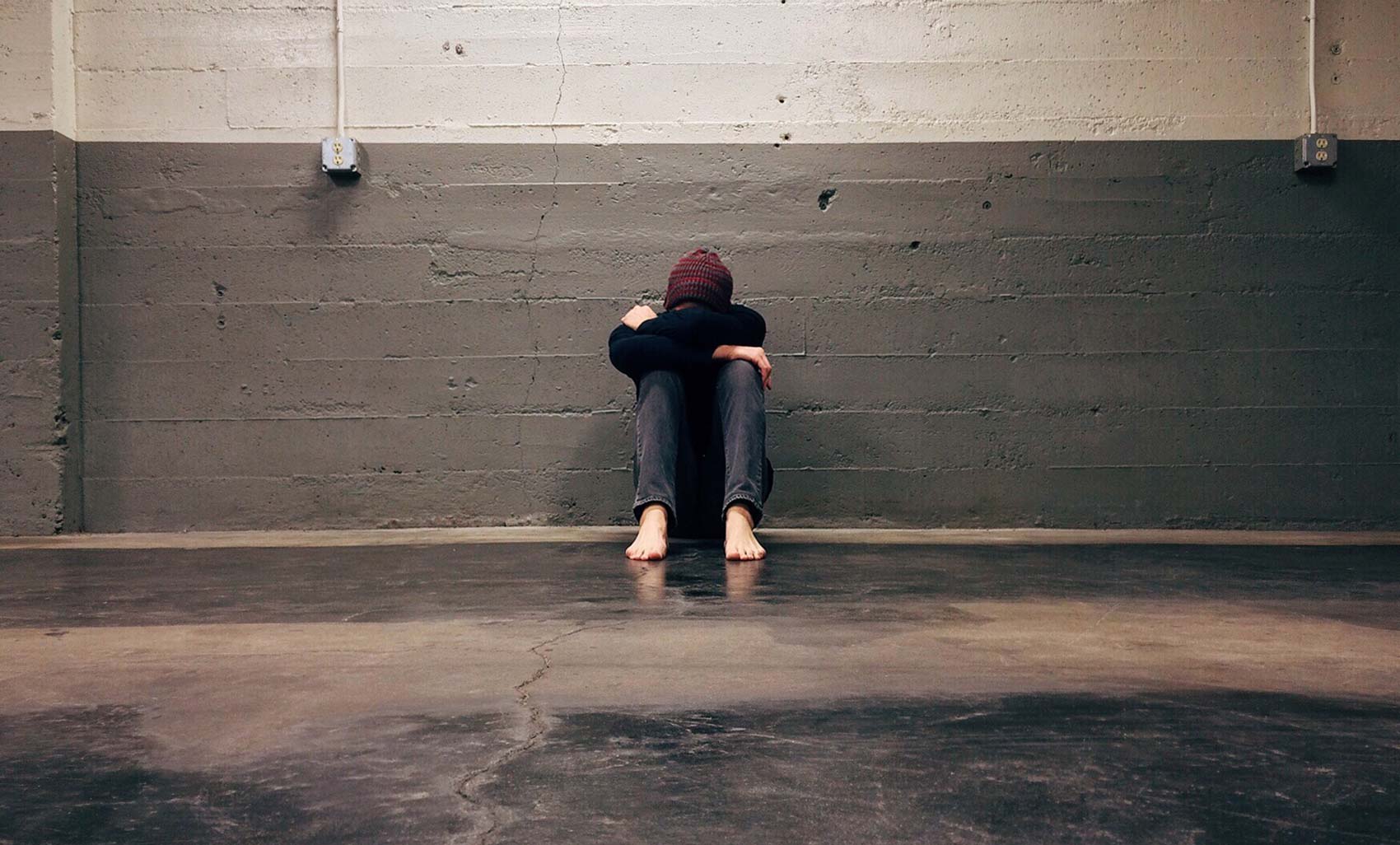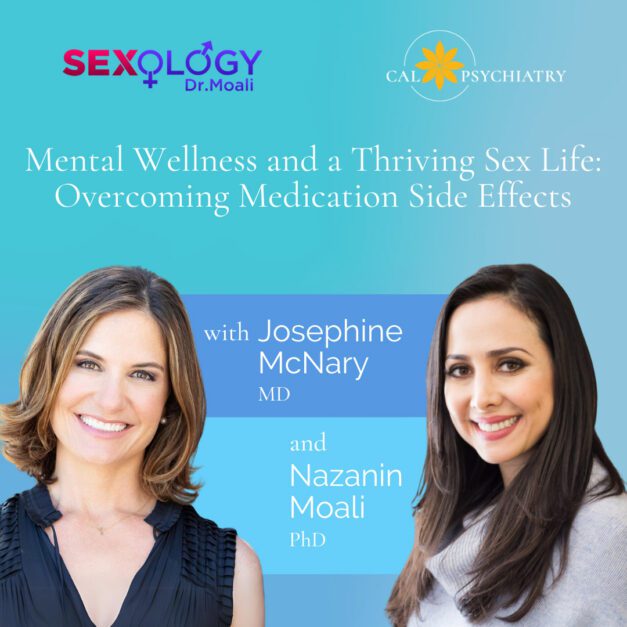Depression and anxiety are the two most common mental disorders. While people can have both an anxiety disorder and depression, it is important to know key differences between the two for accurate treatment.
Despite depression and anxiety disorders being among the most common mental disorders, many people may not know the difference. This post will explore the differences between depression and anxiety and what treatment options are best suited to each.
Anxiety disorders are characterized by nervousness that is out of proportion to the stimulus. Now anxiety in and of itself is not necessarily pathological. Anticipatory anxiety before a big game or exam is normal and sometimes even helpful. But when anxiety is out of proportion to a person’s stressors, and starts to affect a person’s functioning negatively, clinicians should start to screen for a possible anxiety disorder. Generalized anxiety disorder occurs when people worry about many different things and have a hard time controlling the worries. People with generalized anxiety disorder can experience muscle tension, problems with sleep, and even increased irritability as a result of their anxiety. Panic disorder is another common anxiety disorder, characterized by a person having panic attacks: discrete episodes with physical symptoms, such as chest tightness or feeling like one is going to die. Typically, panic attacks happen with no warning, and can be so serious that people with panic disorder often do not want to engage in everyday activities.
Depressive disorders are characterized by a persistently low mood with loss of pleasure in things. Major depressive disorder is the most common depressive disorder, and is characterized by prolonged low mood for two weeks or more, and feelings of disinterest or loss of pleasure. Other criteria include changes in appetite, changes in sleep, or in the most severe cases, thoughts of suicidality.
When it comes to treatment, anxiety disorders and depressive disorders are usually treated with psychotherapy or medication or a combination of both. The exact treatment plan is dictated by the severity of the symptoms. Panic disorder can often be treated with cognitive behavioral therapy or medication. Severe major depressive episodes with suicidality generally need medication for several months. At CalPsychiatry, our physicians will talk you through your symptoms and help discern if anxiety or depression is the root cause. They will help devise a multi-modal treatment plan that is tailored to you. Call or book your free consultation today.





